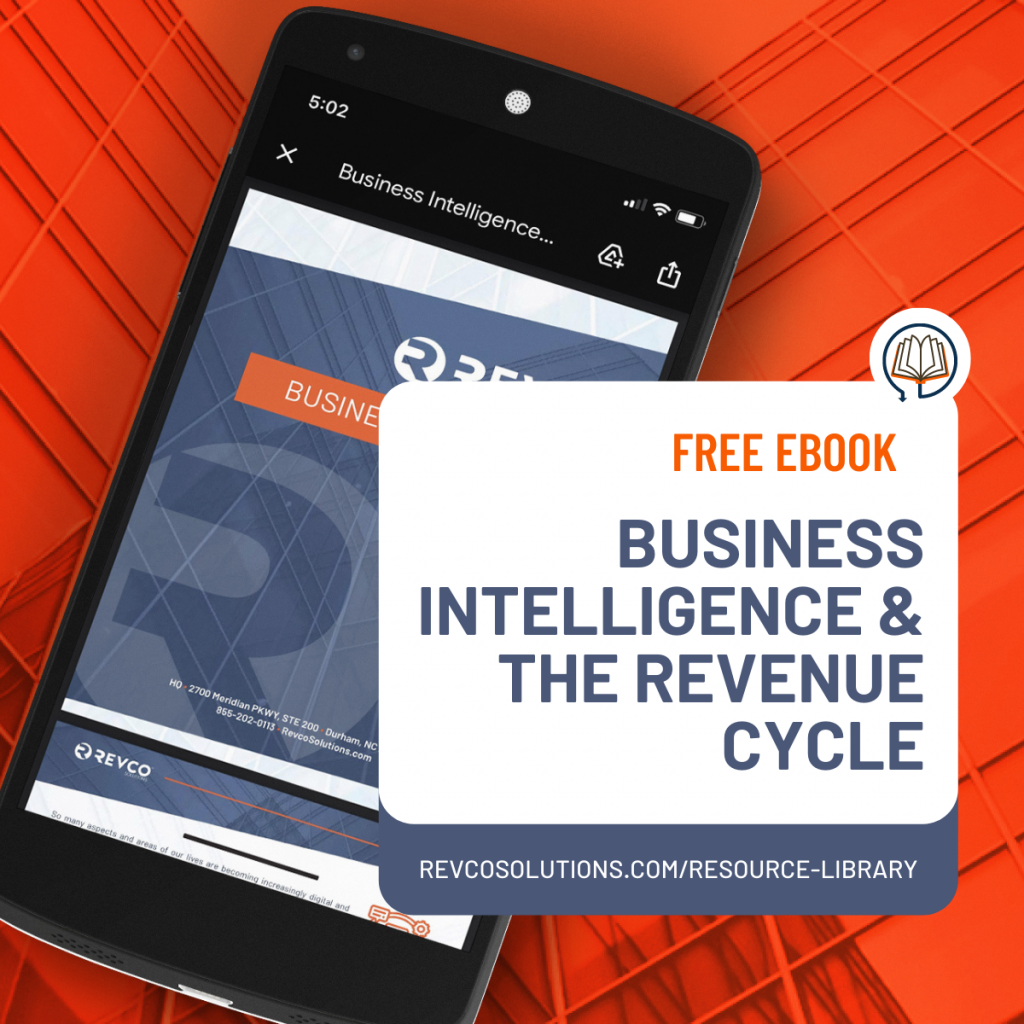So many aspects and areas of our lives are becoming increasingly digital, and healthcare is not to be left behind. The healthcare industry is in the midst of an ongoing digital transformation, and the business of providing care is becoming increasingly more reliant upon technology and data for exceptional performance.
While not a new concept, business intelligence is becoming increasingly important in the day-to-day operations and maintenance of a healthcare organization. Hospitals and health systems are being pushed to change how patient data is collected and used to improve wellness and overall population health.
What is business intelligence?
Business intelligence refers to a customized suite of data reporting, analytics, visualization, and publishing tools that allows healthcare organizations to leverage the data already entered in their electronic medical records (EMR) software to gain actionable insights into the business’s processes and procedures. These insights can then be applied to optimize programs within your organization and with your revenue cycle management vendor partners to directly impact your bottom line.
Why is it so important to healthcare organizations?
New tools are being developed every day to help patients track their progress, communicate with their providers, and maintain real-time access to their health information. This data becomes critically important to improving the quality of care and the patient experience and decreasing administrative costs, and recovering more revenue for less. Data generated downstream from your operations is vital to understanding the patient experience and the revenue cycle.
While gathering all that patient data and inputting it into your EMR is important – and time-consuming – it is only the first step. It’s what you do with that data that makes the difference. Without proper organization and analysis, it is nearly impossible to pull actionable insights that can dramatically impact your bottom line over time. Having a comprehensive view of the entire patient experience, including information on patient behavior and interactions with your vendor partners, long after the time of service, is the best way to optimize for success.
The benefits of applying B.I. tools in your hospital
It’s one thing to tell you how impactful business intelligence can be to a hospital or health system and another to provide measurable benefits to your bottom line. These data analytics tools can provide insights at every stage of the revenue cycle, including:
- Pre-Admission, Time of Service & Early Out Collections: Track revenue goals in real-time, monitor the health of your early out processes and identify changes upstream in your revenue cycle
- Insurance Denial Management: Track and manage denials by third-party payers, avoid denials before they happen, and discover pockets of opportunity for recovering more denied claims
- Healthcare Debt Collections: Recover more past-due balances with propensity to pay scoring and customize your campaigns using segmentation
Want to learn more about how the application of business intelligence tools can help you monitor, manage, and optimize your revenue cycle procedures? Download our free eBook: Business Intelligence and the Revenue Cycle, available now in the Revco Solutions Resource Library. Or, contact us directly to speak with an expert about how we can put these tools to work for your hospital or healthcare organization.




